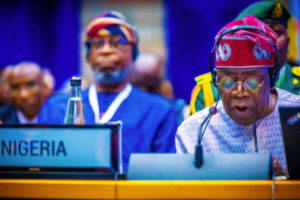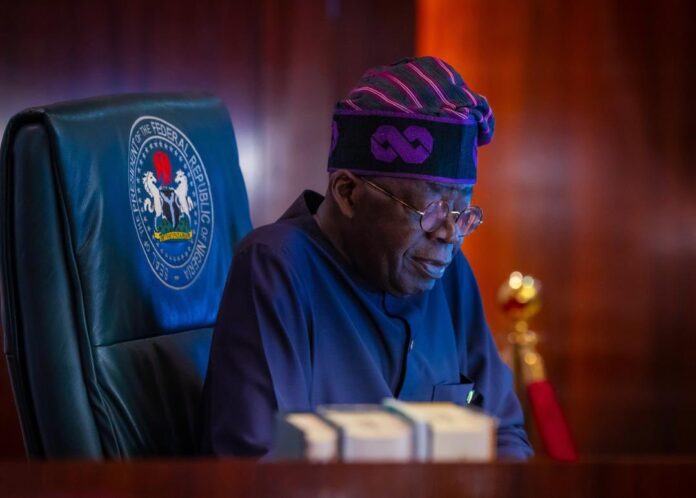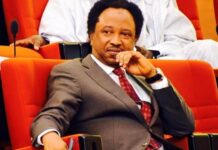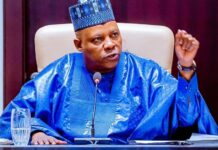The Federal Government has unveiled a groundbreaking initiative aimed at enhancing the regulation of healthcare facilities throughout Nigeria.
Dr. Tunji Alausa, the Minister of State for Health and Social Welfare, made this announcement on Thursday in Abuja during the launch of the Medical Laboratory Regulation and Inspection initiative, which is aimed at combating quackery in the nation’s healthcare system.
Alausa pointed out that these reforms are a direct response to the alarming prevalence of unregulated and substandard healthcare services that have been undermining the country’s health sector.
He stressed the critical need for all healthcare facilities, especially laboratories, to comply with rigorous standards to ensure quality service delivery.
His remarks came in the wake of shocking reports concerning illegal kidney harvesting operations in Abuja and other areas, highlighting the urgent necessity for effective oversight in the healthcare sector.
“Given the disturbing findings of illicit activities within some healthcare institutions, it is crucial that we implement stringent regulations to safeguard our citizens,” he asserted.
He noted that while medical professionals involved in the kidney trafficking scandal faced disciplinary actions, the hospital implicated in these crimes continued to operate due to a lack of legal provisions to close such establishments.
To bridge this gap, the minister announced plans to create a National Health Facility Regulatory Agency, which will be responsible for overseeing and regulating all healthcare entities in the nation.
“The formation of this agency will represent a vital advancement in our commitment to protecting the health and welfare of Nigerians,” he said, adding that the agency would possess the authority to shut down non-compliant facilities to shield the public from harmful practices.
Alausa also called for collaboration among various government agencies to support the enforcement of these regulations, mentioning ongoing partnerships with law enforcement and other relevant organizations.

He reassured that the government is steadfast in its mission to provide comprehensive healthcare services to all citizens.
“We are not merely drafting policies; we are actively implementing them and taking responsibility to achieve tangible outcomes,” he stated.
As part of the regulatory reforms, he has assigned the Medical Laboratory Science Council of Nigeria (MLSCN) to spearhead the accreditation and oversight of laboratories, which will serve as a prototype for broader regulatory efforts throughout the healthcare sector.
“We must demonstrate to the nation that effective regulation is possible. Our objective is to instill trust in our healthcare system, ensuring that every test result is precise and every treatment decision is informed by reliable data,” he emphasized.
The comprehensive reform plan has been met with cautious optimism from health sector stakeholders, who have long advocated for stronger oversight and governance.
Alausa expressed hope that these changes would signify a turning point in Nigeria’s pursuit of a robust and reliable healthcare system.
He urged the committee to develop a practical inspection model, enhance regulatory practices, improve inspection protocols, and identify sustainable funding sources.
Prof. Tosan Erhabor, the Registrar of MLSCN, stressed the importance of reassessing and updating current medical laboratory inspection standards, noting that over 70% of medical diagnoses depend on laboratory tests.
He highlighted existing challenges, such as poor monitoring, insufficient funding, and misunderstandings about the necessity of inspections.
“The objectives include creating a sustainable, cost-effective model for national laboratory inspections and enhancing quality management systems in medical laboratories. We aim to reduce health tourism by bolstering local diagnostic capabilities and tackling quackery and unprofessional practices in laboratories,” he stated.
Erhabor also advocated for the establishment of a Technical Committee to formulate a policy framework to achieve these goals, aligning with President Bola Tinubu’s “Renewed Hope Agenda,” which promotes innovative solutions to the nation’s challenges.




